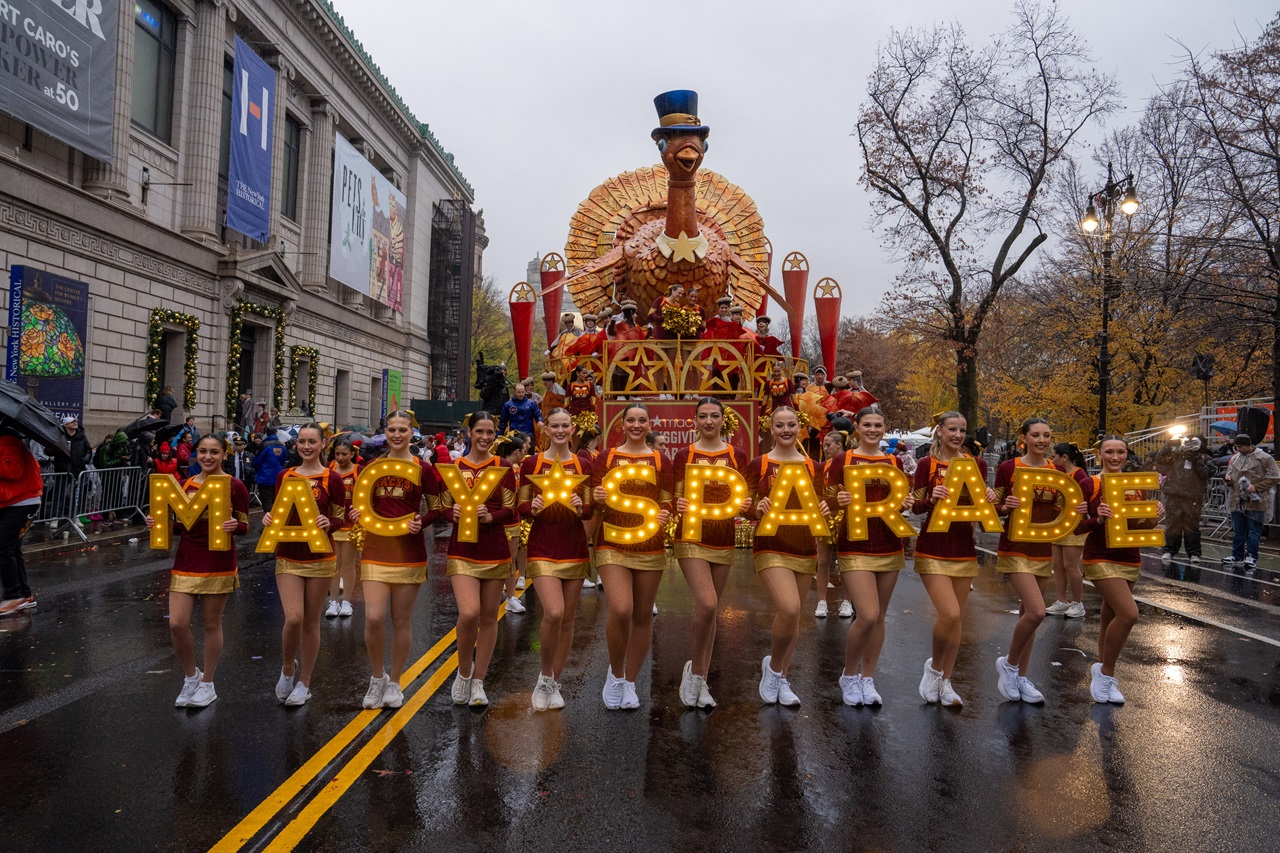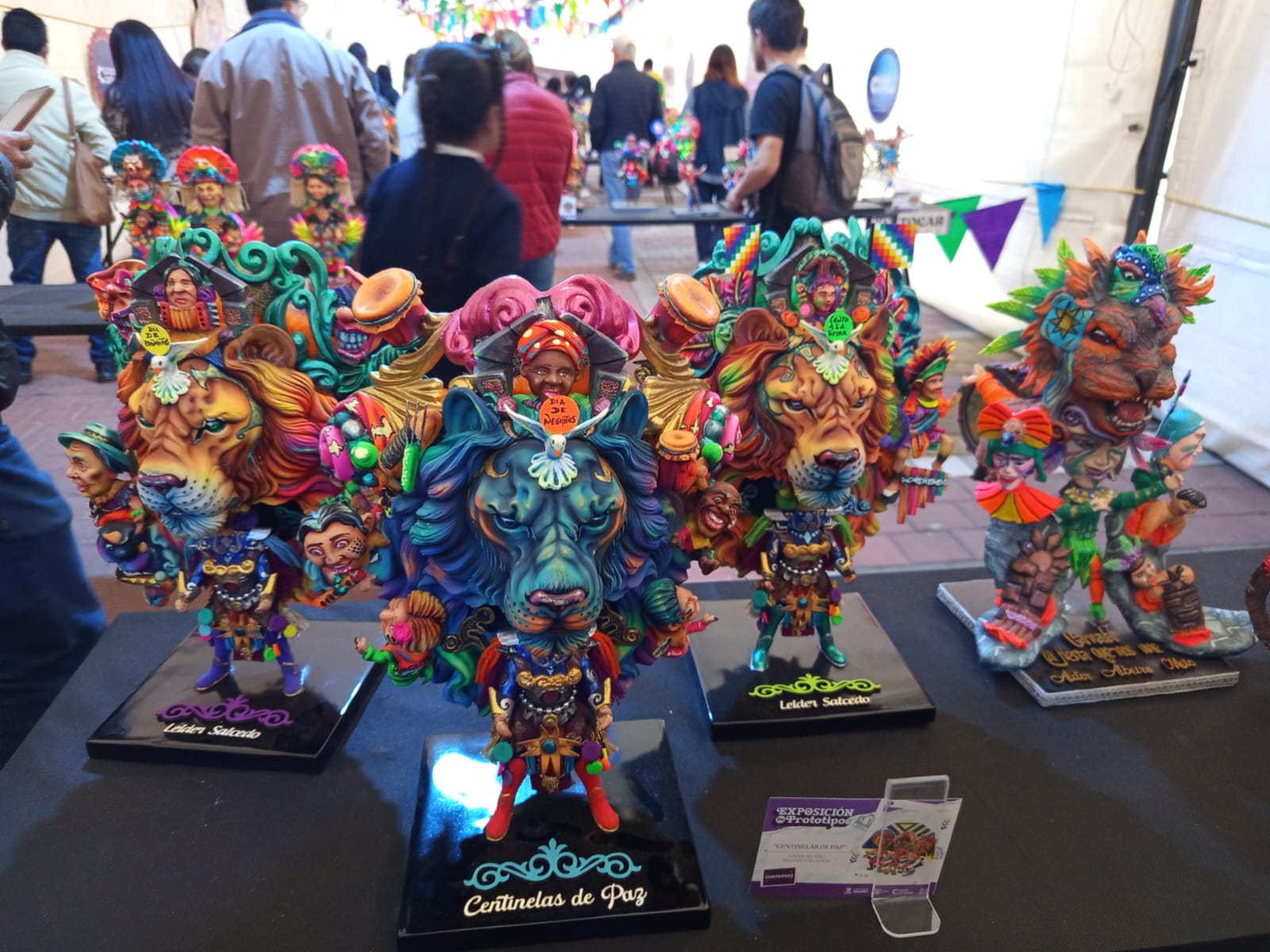
Bill Russell, basketball legend, icon and trailblazer, dies
Bill Russell, the basketball legend who stood tall as the anchor and cornerstone of the NBA’s first dynasty, died Sunday, July 31, at the age of 88.
His family announced the news on a social media post Sunday afternoon.
An announcement… pic.twitter.com/KMJ7pG4R5Z
— TheBillRussell (@RealBillRussell) July 31, 2022
Russell was born Feb. 12, 1934 in Monroe, Louisiana. A legendary basketball player who won 11 NBA championships throughout his 13-year career with the Boston Celtics (1956-1969), he set the standard as the greatest and most prolific winner in the history of sports.
Throughout his NBA playing career, Russell racked up a slew of other accolades, including 5 MVP awards, 12 NBA All-Star appearances, and 4 rebounding titles.
In 1966, Russell was named player-coach for the Celtics, becoming the first Black coach in any of the major North American sports leagues. His final two championships in 1968 and 1969 came with Russell as the player-coach for the team.
The 11 championships won during his 13-year NBA career was simply a continuation of Russell’s winning ways. He had previously led the University of San Francisco to a 55-game win streak and two straight NCAA championships in college, becoming the first Black man to lead an NCAA team to multiple college championships.
Russell also won a gold medal at the 1956 Olympics in Melbourne.
The Celtics legend has been among the greatest ambassadors for the game of basketball. He is the namesake of the NBA Finals MVP Award, and was named the recipient of the 2019 NBA Lifetime Achievement Award.
Matching — or arguably surpassing — his illustrious basketball career, Russell was also a standout in the civil rights movement, marching for equality alongside Martin Luther King, Jr.
As a Black man, Russell endured heavy amounts of racism and discrimination during the time. From being denied entry to a hotel in Oklahoma City, getting rejected from obtaining seating and service at a restaurant in Lexington, Kentucky, and being heckled by white fans before, during and after Celtics games.
After getting denied from the restaurant in Lexington, Russell led a protest with some of his other Black teammates and NBA brethren and refused to play.
However, that was just a part of what Russell endured during this era of his life and in U.S. society.
An excerpt from a 1987 New York Times article shed more light on the abuse, as recounted by his daughter:
What was Bill Russell's life like while he was racking up 11 rings? His daughter writes: pic.twitter.com/ETKKvEbDfX
— austin walker (@austin_walker) July 31, 2022
Russell, along with the likes of fellow athletes including Muhammad Ali, Jim Brown, Lew Alcindor (now Kareem Abdul-Jabbar) and Bobby Mitchell, were unafraid to speak out against against the injustices and discrimination of Jim Crow laws that continued to permeate throughout American society.
When news of his passing broke, many paid their respects for Russell and his indelible mark on the game of basketball and the world.
CONTENIDO RELACIONADO
The Celtics wrote a Twitter post that read, in part, “Bill Russell’s DNA is woven through every element of the Celtics organization, from the relentless pursuit of excellence, to the celebration of team rewards over individual glory, to a commitment to social justice and civil rights off the court.”
Bob Cousy, one of the final remaining players from the Celtics dynasty and former teammate of Russell's, shared words in remembrance of Russell in an article published in The Boston Globe.
“Russell goes down as the best winner ever in American team sports. That's pretty significant and that's never going to change. He fought the good fight, obviously, on the floor, but he fought the good fight off the floor, fighting racism all his life. Sticking his tongue out at the opponent. That's not easy to do,” said Cousy.
“People give up things to take a stand, and Russell simply never cared. Jocks generally worry about their image after they've had a successful career and they're all very careful as to what they say and how they approach every issue. Most of them are very circumspect and have people that advise them. Russell just let it flow. He spoke out against racism in every form and I'm sure he's happier for that now,” he continued.
NBA Commissioner Adam Silver also paid tribute to Russell.
“Bill stood for something much bigger than sports: the values of equality, respect and inclusion that he stamped into the DNA of our league. At the height of his athletic career, Bill advocated vigorously for civil rights and social justice, a legacy he passed down to generations of NBA players who followed in his footsteps,” Silver wrote in a statement.
In 2011, Russell became a recipient of the Presidential Medal of Freedom, the highest civilian honor.
Former President Barack Obama, who awarded Russell with the medal, shared some words on Russell’s legacy on Twitter.
For decades, Bill endured insults and vandalism, but never let it stop him from speaking up for what’s right. I learned so much from the way he played, the way he coached, and the way he lived his life.
— Barack Obama (@BarackObama) July 31, 2022
Michelle and I send our love to Bill’s family, and everyone who admired him.
Russell was inducted into the Basketball Hall of Fame in 1975, and a statue of him was unveiled at City Hall Plaza in Boston in 2013. His legacy cannot be overstated, and his impact will continue to be felt and remembered for an eternity.
Arrangements for Russell’s memorial service will be announced soon, according to his family.










DEJE UN COMENTARIO:
¡Únete a la discusión! Deja un comentario.